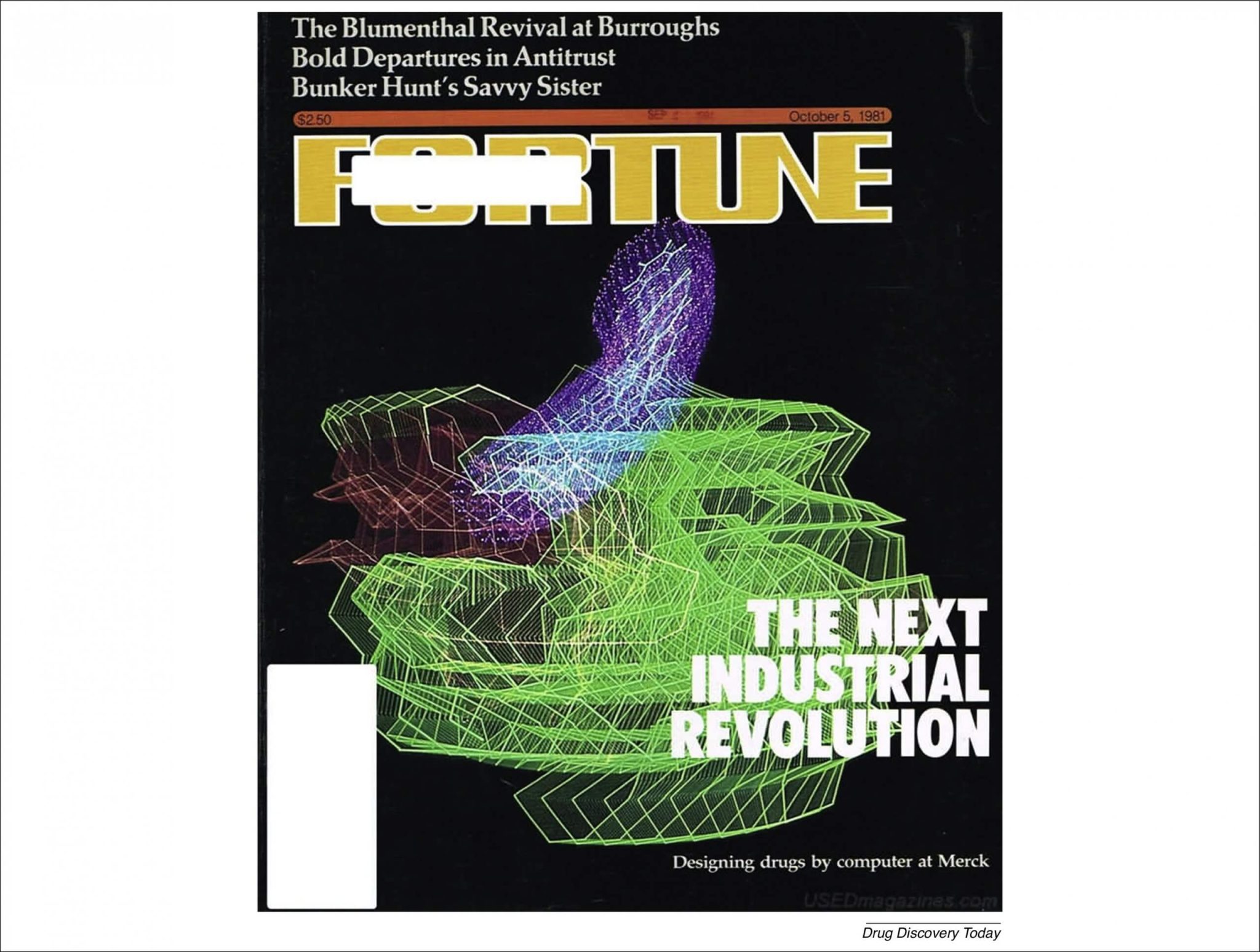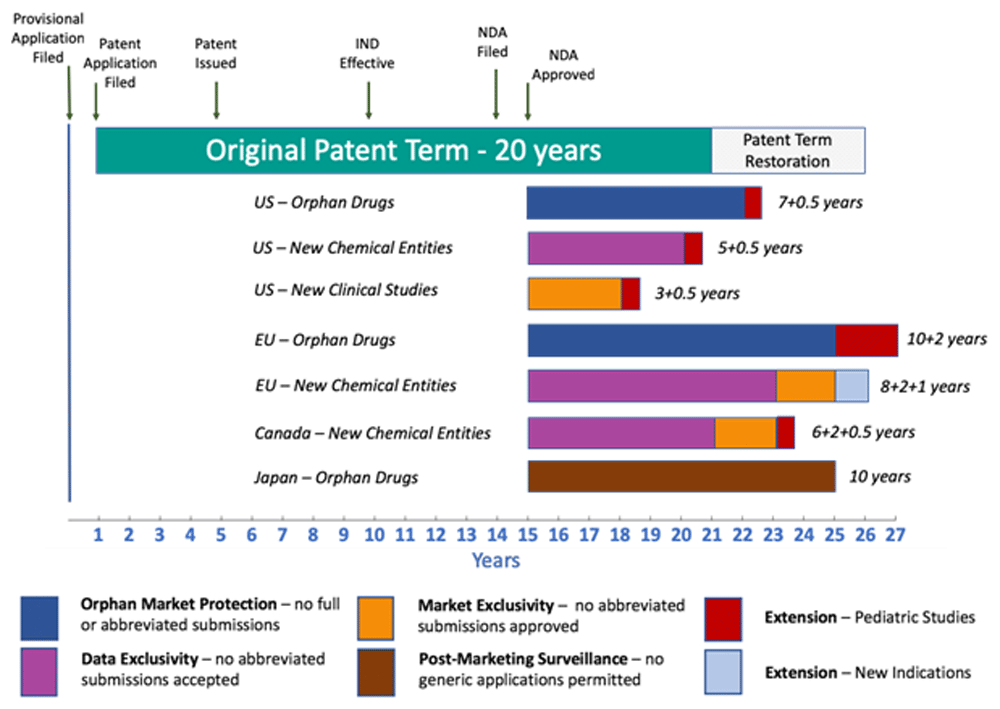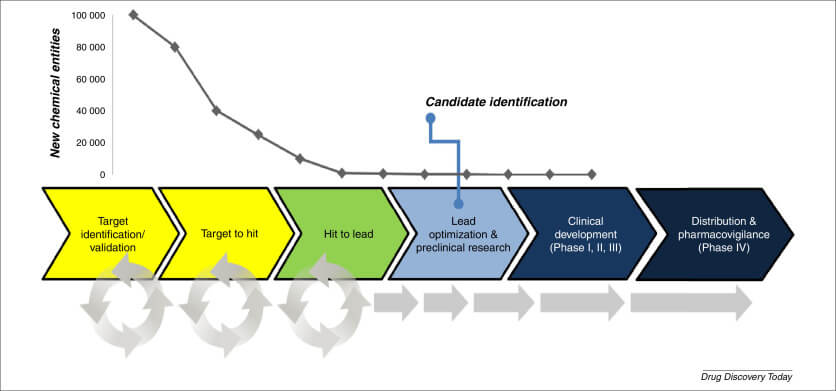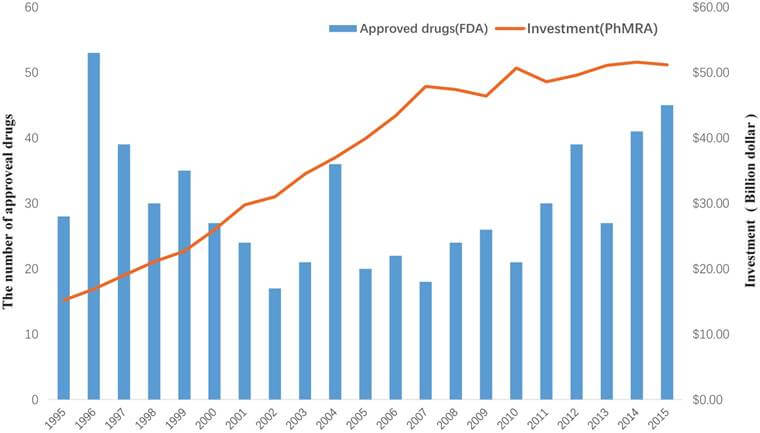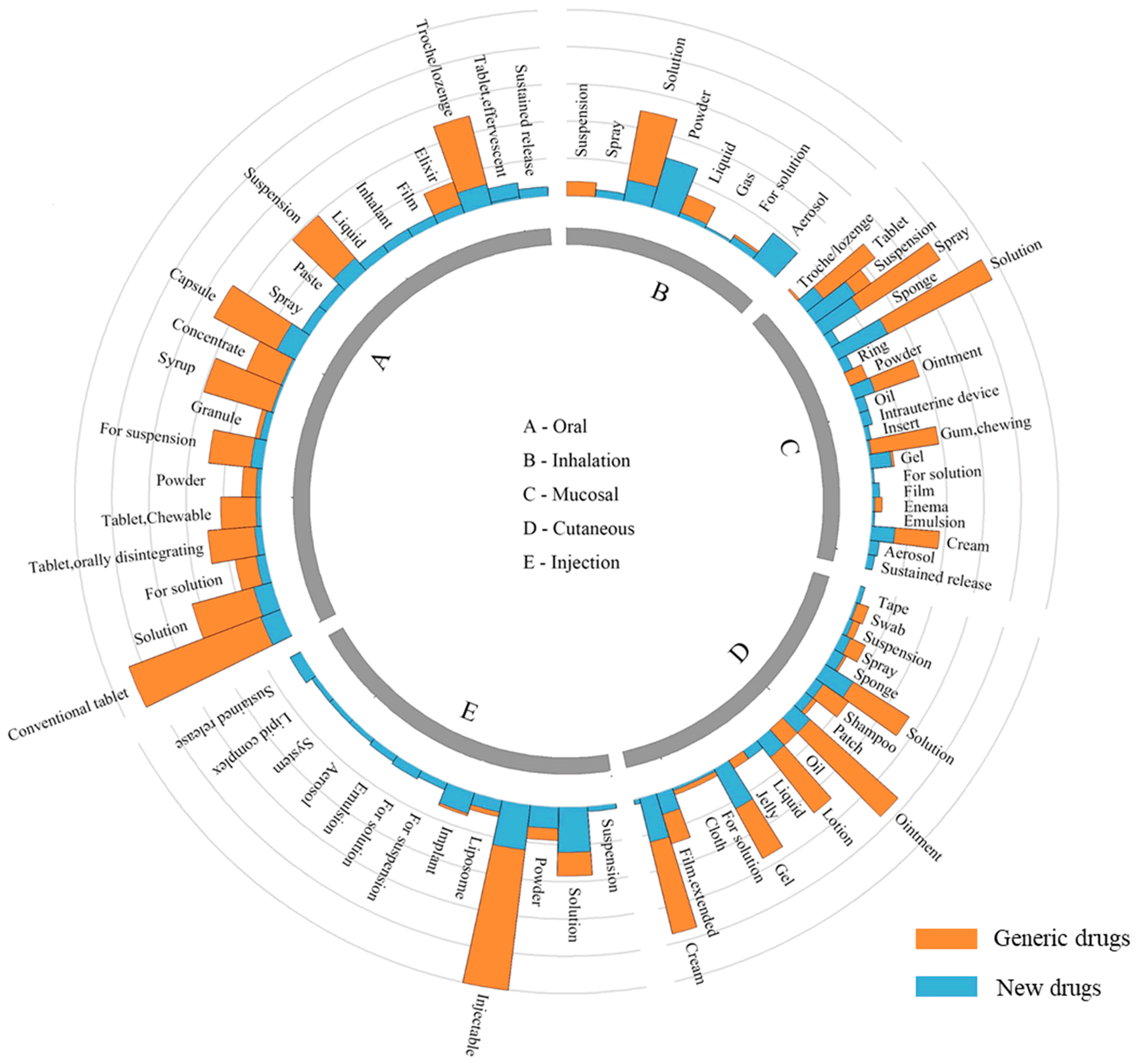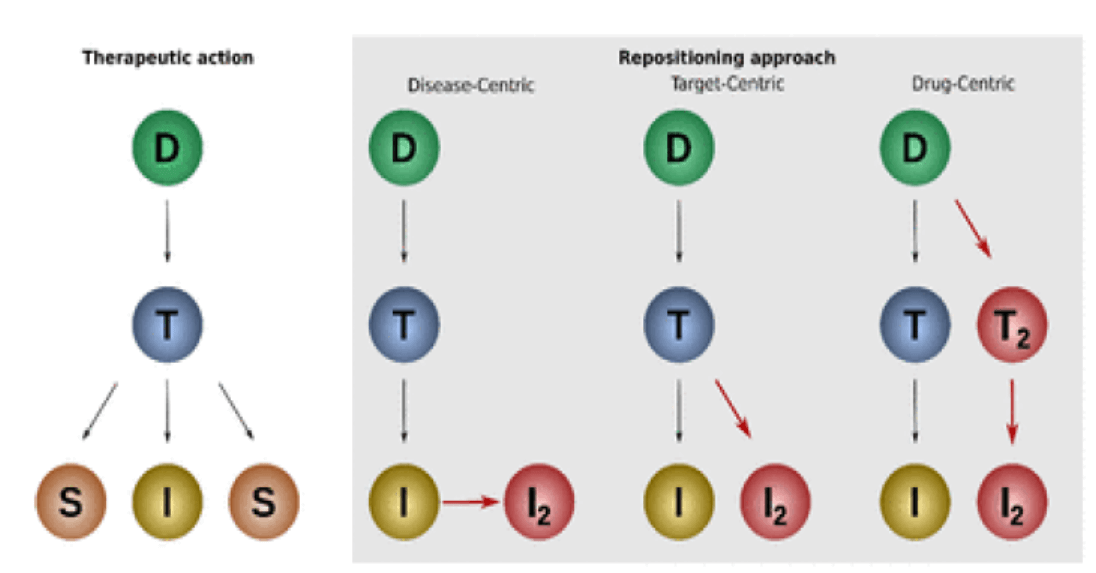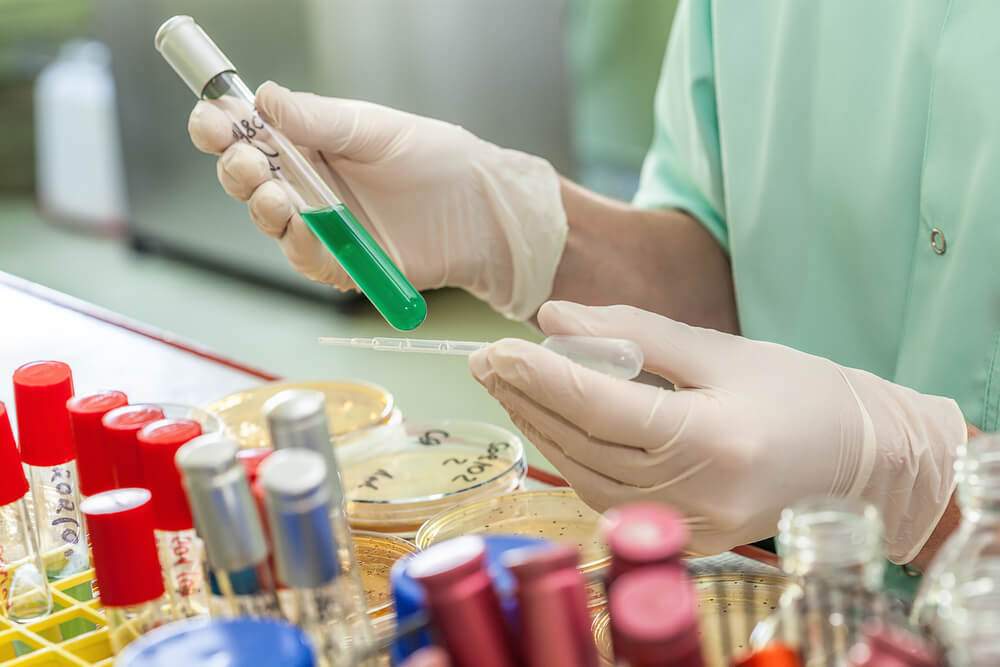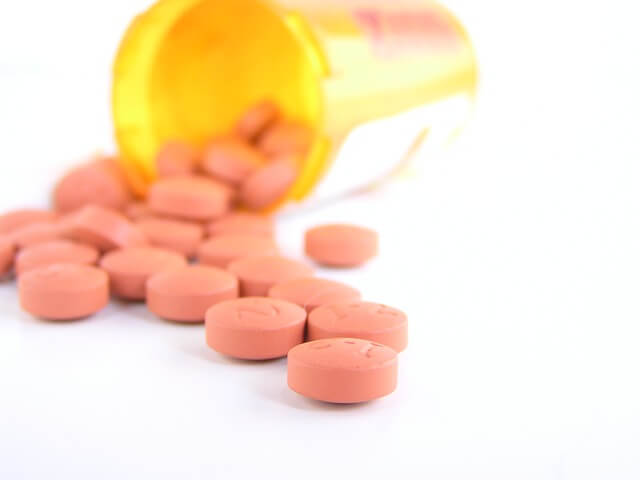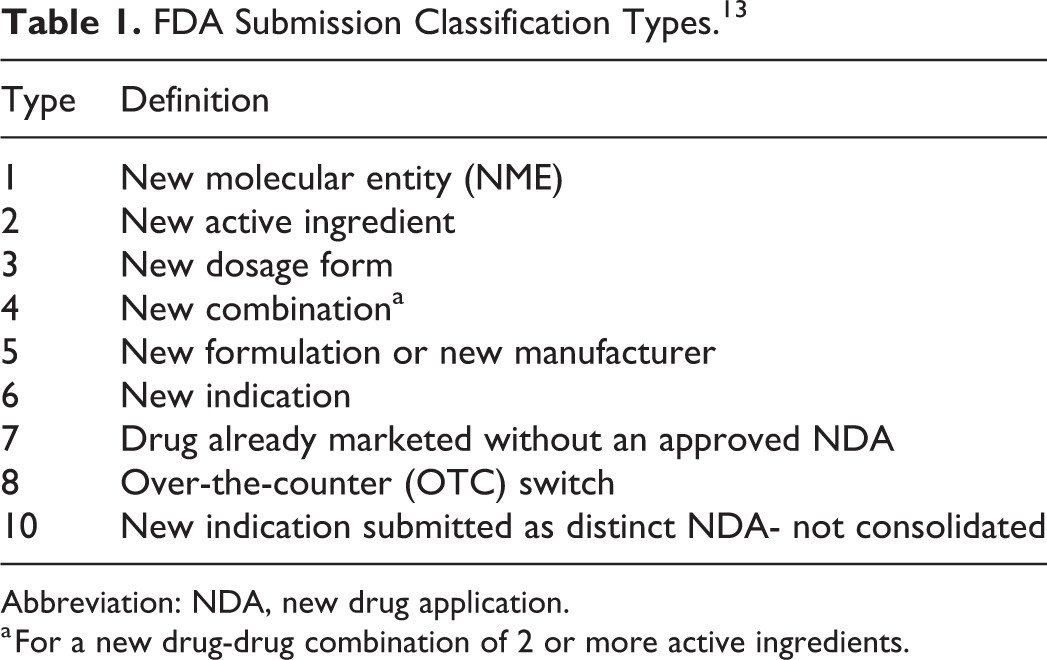Introduction: Navigating the Complex World of Drug Patents

Have you ever wondered about the intricate process behind bringing a new drug to market? It’s not just about scientific breakthroughs and clinical trials. The journey of a drug patent is a complex and fascinating one, spanning from the initial filing to its eventual expiry. In this article, we’ll dive deep into the world of drug patents, exploring the challenges, strategies, and implications for both pharmaceutical companies and consumers.
The Importance of Drug Patents in Pharmaceutical Innovation
Protecting Intellectual Property
Drug patents play a crucial role in protecting the intellectual property of pharmaceutical companies. They provide a period of exclusivity during which the company can recoup its investment in research and development. This exclusivity is essential for encouraging innovation in the pharmaceutical industry[1].
Incentivizing Research and Development
Without patent protection, many companies would be hesitant to invest the enormous sums required to bring a new drug to market. Patents provide the necessary incentive for pharmaceutical companies to take on the risks associated with drug development.
The Patent Filing Process: Where It All Begins
Timing Is Everything
The patent filing process is a critical step in the journey of a drug. Companies must carefully time their patent applications to maximize the period of exclusivity. File too early, and you might not have enough data to support your claims. File too late, and you risk losing out to competitors.
Provisional vs. Non-Provisional Patents
Many companies opt to file a provisional patent application first. This establishes a priority date while giving the company an additional year to gather more data and refine their invention before filing a non-provisional application.
The Long Road to FDA Approval
Clinical Trials: Proving Safety and Efficacy
Once a patent is filed, the real work begins. Pharmaceutical companies must conduct extensive clinical trials to prove the safety and efficacy of their drug. This process can take years and cost hundreds of millions of dollars.
Navigating Regulatory Hurdles
Obtaining FDA approval is a complex process that involves multiple stages of review. Companies must be prepared to address any concerns raised by regulators and provide additional data as needed.
Patent Term Extensions: Buying More Time
Compensating for Regulatory Delays
Recognizing the lengthy FDA approval process, the law allows for patent term extensions to compensate for regulatory delays. This can add up to five years to the life of a patent, giving companies more time to recoup their investment[2].
Strategies for Maximizing Patent Life
Pharmaceutical companies employ various strategies to extend the commercial lifecycle of their drugs. These may include filing multiple patents covering different aspects of the drug, such as its formulation or method of use.
The Role of Generic Competition
Preparing for Patent Expiry
As a drug patent nears expiry, pharmaceutical companies must prepare for the entry of generic competitors. This often involves developing new formulations or finding new uses for the drug to maintain market share.
The Impact on Drug Prices
The expiry of drug patents typically leads to a significant reduction in drug prices as generic competitors enter the market. This can have a major impact on healthcare costs and patient access to medications.
Beyond Patents: FDA Exclusivity
Types of FDA Exclusivity
In addition to patent protection, the FDA offers various forms of exclusivity to incentivize certain types of drug development. These include New Chemical Entity (NCE) exclusivity, Orphan Drug Exclusivity, and Pediatric Exclusivity[5].
Balancing Innovation and Access
FDA exclusivity plays a crucial role in balancing the need for pharmaceutical innovation with the desire for affordable access to medications. It provides additional protection for certain types of drugs, encouraging companies to invest in areas that might otherwise be neglected.
The Global Perspective: International Patent Considerations
Navigating Different Patent Systems
Pharmaceutical companies must navigate different patent systems around the world to protect their inventions globally. This can involve filing multiple patent applications and dealing with varying requirements in different jurisdictions.
The Impact of Trade Agreements
International trade agreements can have a significant impact on drug patents, often extending patent protection in certain countries or harmonizing patent laws across borders.
Conclusion: The Ongoing Evolution of Drug Patents
The journey of drug patents from filing to expiry is a complex and ever-evolving process. As technology advances and healthcare needs change, the patent system continues to adapt. Understanding this journey is crucial for anyone involved in the pharmaceutical industry or interested in healthcare policy.
“Patents and exclusivity work in a similar fashion but are distinct from one another and governed by different statutes.” – U.S. Food and Drug Administration[2]
FAQs
- How long does a drug patent typically last?
Drug patents generally last for 20 years from the date of filing. However, the effective patent life is often shorter due to the time required for clinical trials and FDA approval. - What happens when a drug patent expires?
When a drug patent expires, generic manufacturers can produce and sell their own versions of the drug, typically at a much lower price. - Can a drug patent be challenged?
Yes, drug patents can be challenged by generic manufacturers or other parties who believe the patent is invalid or unenforceable. - What is the difference between a patent and FDA exclusivity?
Patents are granted by the U.S. Patent and Trademark Office and protect the invention itself, while FDA exclusivity is granted by the FDA and provides protection for certain types of drugs regardless of patent status. - How do pharmaceutical companies prepare for patent expiration?
Companies often develop new formulations, find new uses for the drug, or launch their own generic versions to maintain market share after patent expiration.
Sources cited:
[1] https://www.biotechblog.com/the-intricate-journey-of-drug-patents-from-filing-to-expiry/
[2] https://ipwatchdog.com/2017/03/12/fda-process-patents-market-exclusivity/id=79305/


